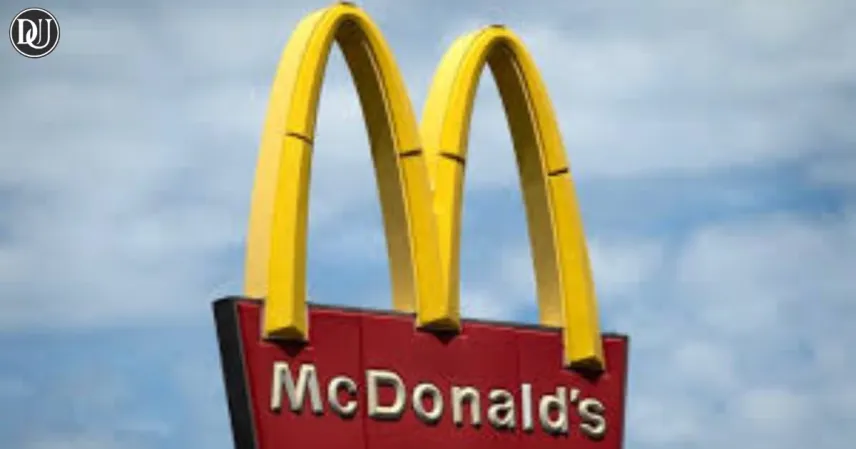A massive mcdonald boycott is underway across the United States, driven by labor groups, social justice organizations, and activists demanding better wages and fairer treatment for workers. The campaign, which began this week, has gained rapid traction online and on the streets, with participants urging consumers to avoid McDonald’s locations nationwide.
The movement is not just a protest against one fast food chain, but a symbolic stand against broader corporate practices viewed as exploitative. Organizers hope that this boycott will spark meaningful reform not only within McDonald’s but also across the fast food industry.
What Triggered the McDonald Boycott?
The mcdonald boycott has its roots in several long-standing concerns, including low wages, lack of benefits, and allegations of unsafe working conditions at various outlets. The tipping point came after recent reports surfaced alleging discriminatory practices and wage theft in certain franchise locations.
In response, labor unions and civil rights groups mobilized under a unified campaign, demanding that McDonald’s raise wages to at least $20 per hour, improve workplace safety standards, and commit to racial and gender equity in hiring and promotions.
Who’s Behind the Movement?
The mcdonald boycott is being led by a coalition that includes Fight for $15, Black Lives Matter chapters, and immigrant advocacy groups. These organizations have united under a common banner, saying that systemic change is long overdue in the fast food sector.
They are also calling on other corporations to reflect on their treatment of hourly workers and urging consumers to leverage their spending power as a tool for social change.
Public and Political Reactions
Public opinion on the mcdonald boycott has been divided. While many support the cause and recognize the need for better labor protections, others argue that boycotts could hurt small franchisees who have limited control over corporate policies.
Some local politicians have expressed solidarity with the protesters, even participating in rallies outside McDonald’s locations. On the other hand, corporate spokespeople from McDonald’s have issued statements claiming the company is committed to fair labor practices and is reviewing the demands made by activists.
What Could Happen Next?
If the mcdonald boycott gains more public traction, it could pressure McDonald’s to take swift action on wage reforms and workplace policies. Past consumer boycotts in the US have led to major corporate changes, and organizers hope this case will be no different.
Even if McDonald’s makes no immediate changes, the boycott has already succeeded in shining a spotlight on deeper issues in the fast food industry, where profit margins often come at the expense of worker well-being.










